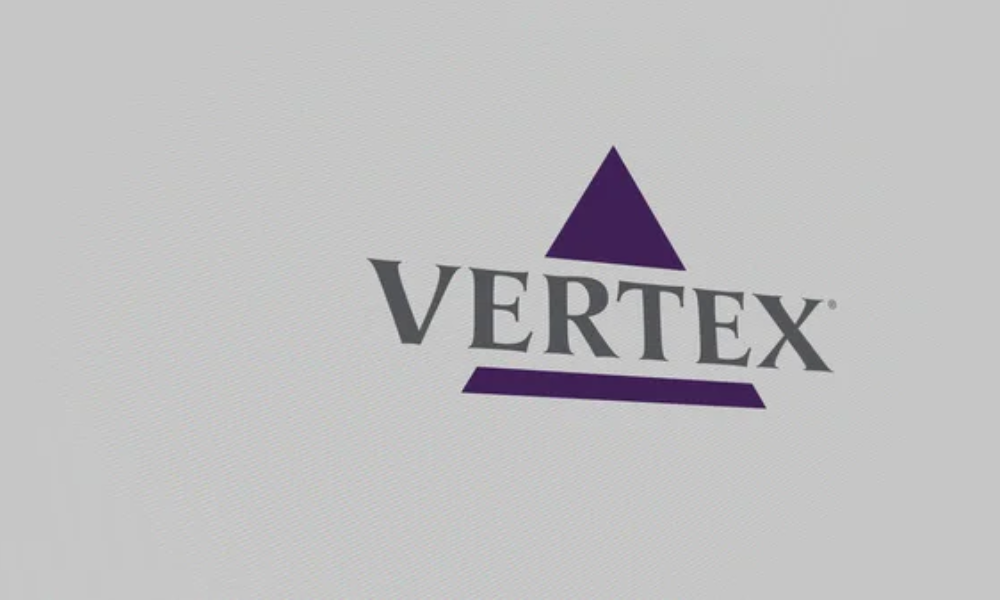In today’s interconnected world, investors are becoming increasingly conscious of the ethical implications of their investment decisions.
With growing concerns about environmental sustainability, social justice, and corporate governance, there’s a rising demand for investment strategies that align with personal values and societal welfare.
Read More: Fitness Company, Xponential Exhibits Diversified and Promising Investment Potential
Understanding Ethical Investing
Ethical investing, also known as socially responsible investing (SRI) or sustainable investing, refers to an investment approach that considers both financial returns and ethical or societal factors.

The goal is to generate positive social or environmental outcomes while achieving competitive financial performance. Ethical investors typically avoid companies involved in industries such as tobacco, weapons manufacturing, or fossil fuels, and instead favor companies with strong environmental, social, and governance (ESG) practices.
Approaches to Ethical Investing
Negative screening involves excluding companies or industries that engage in activities considered unethical or harmful to society.
Negative screening allows investors to align their portfolios with their values by excluding companies whose practices they find objectionable.
Positive Screening
Positive screening involves actively selecting investments based on their positive ESG characteristics or their contributions to societal welfare.
Investors employing this approach seek out companies that demonstrate strong environmental stewardship, social responsibility, and ethical corporate governance. Positive screening allows investors to support companies that are making a positive impact on the world.
Impact Investing
Impact investing involves investing in companies, organizations, or projects with the intention of generating measurable social or environmental impact alongside financial returns.
Impact investors actively seek out opportunities to address pressing societal or environmental challenges, such as climate change, poverty alleviation, or access to clean water.
Impact investing aims to deliver both financial and social returns, making it a powerful tool for driving positive change.
Strategies for Ethical Investing
ESG integration involves incorporating environmental, social, and governance factors into traditional financial analysis to assess the overall sustainability and ethical performance of an investment.
Investors employing this strategy consider ESG factors alongside financial metrics when evaluating investment opportunities, ensuring that they take into account both financial returns and ethical considerations.
Thematic Investing
Thematic investing involves focusing on specific themes or causes that align with an investor’s values or interests. Examples of thematic investing themes include renewable energy, gender equality, or sustainable agriculture.
Thematic investors seek out companies that are leaders or innovators in their chosen theme, allowing them to support causes they care about while potentially benefiting from growth opportunities in emerging sectors.
Community Investing
Community investing involves providing capital to underserved communities or marginalized populations to support economic development and social empowerment.
Community investors may invest in community development financial institutions (CDFIs), microfinance institutions, or affordable housing projects.
Community investing aims to address systemic inequalities and promote economic inclusion while generating financial returns for investors.
Also Read: Is This Small Cap Stock Positioned for a Rally?
Challenges and Considerations
While ethical investing offers opportunities to align investment portfolios with personal values and societal objectives, it also presents challenges and considerations for investors that are important to navigate.
Some investors worry that prioritizing ethical or ESG criteria may result in lower financial returns compared to traditional investment approaches.
However, numerous studies suggest that companies with strong ESG practices may outperform their peers over the long term, indicating that ethical investing can be financially rewarding.
Data and Transparency
Assessing the ethical performance of companies requires access to reliable ESG data and metrics. However, the availability and quality of ESG data can vary significantly across companies and industries, making it challenging for investors to conduct thorough evaluations.
Investors may need to rely on third-party ESG ratings providers or engage directly with companies to gather relevant information.
Complexity and Subjectivity
Ethical investing involves navigating complex ethical considerations and subjective value judgments.
What constitutes ethical behavior or responsible corporate conduct may vary depending on individual beliefs, cultural norms, or societal expectations.
Investors may need to carefully evaluate their own values and priorities to ensure alignment with their investment decisions.

Ethical investing offers investors an opportunity to align their investment portfolios with their values and contribute to positive social and environmental outcomes.
By adopting approaches such as negative screening, positive screening, impact investing, and ESG integration, investors can integrate ethical considerations into their investment strategies while seeking competitive financial returns.
While ethical investing presents challenges and complexities, it also represents a powerful tool for driving positive change in the world.
With increasing awareness and demand for ethical investment options, the future of ethical investing looks promising as investors seek to make a difference while building wealth.
Read Next: Japan Slips Into Recession, Loses Spot in Top 3 Largest Economies in the World
DISCLAIMER
You should read and understand this disclaimer in its entirety before joining or viewing the website or email/blog list of SmallCapStocks.com (the “Publisher”). The information (collectively the “Advertisement”) disseminated by email, text or other method by the Publisher including this publication is a paid commercial advertisement and should not be relied upon for making an investment decision or any other purpose. The Publisher is engaged in the business of marketing and advertising the securities of publicly traded companies in exchange for compensation. The track record, gains, upside, and/or losses mentioned in the Advertisement, if any, should not be considered as true or accurate or be the basis for an investment. The Publisher does not verify the accuracy or completeness of any information included in the Advertisement. While the Publisher does not charge for the SMS service, standard carrier message and data rates may apply. To unsubscribe from receiving promotional text messages to your phone sent via an autodialer, using your phone reply to the sender’s phone number with the word STOP or HELP for help.
The Advertisement is not a solicitation or recommendation to buy securities of the advertised company. An offer to buy or sell securities can be made only by a disclosure document that complies with applicable securities laws and only in the states or other jurisdictions in which the security is eligible for sale. The Advertisement is not a disclosure document. The Advertisement is only a favorable snapshot of unverified information about the advertised company. An investor considering purchasing the securities, should always do so only with the assistance of his legal, tax and investment advisors. Investors should review with his or her investment advisor, tax advisor or attorney, if and to the extent available, any information concerning a potential investment at the web sites of the U.S. Securities and Exchange Commission (the "SEC") at www.sec.gov; the Financial Industry Regulatory Authority (the "FINRA") at www.FINRA.org, and relevant State Securities Administrator website and the OTC Markets website at www.otcmarkets.com. The Publisher cautions investors to read the SEC advisory to investors concerning Internet Stock Fraud at www.sec.gov/consumer/cyberfr.htm, as well as related information published by the FINRA on how to invest carefully. Investors are responsible for verifying all information in the Advertisement. As an advertiser, we do not verify any information we publish. The Advertisement should not be considered true or complete.
The Publisher does not offer investment advice or analysis, and the Publisher further urges you to consult your own independent tax, business, financial and investment advisors concerning any investment you make in securities particularly those quoted on the OTC Markets. Investing in securities is highly speculative and carries an extremely high degree of risk. You could lose your entire investment if you invest in any company mentioned in the Advertisement. You acknowledge that we are not an investment advisory service, a broker-dealer or an investment adviser and we are not qualified to act as such. You acknowledge that you will consult with your own independent, tax, financial and/or legal advisers regarding any decisions as to any company mentioned here. We have not determined if the Advertisement is accurate, correct or truthful. The Advertisement is compiled from publicly available information, which include, but are not limited to, no cost online research, magazines, newspapers, reports filed with the SEC or information furnished by way of press releases. Because all information relied upon by us in preparing an advertisement about an issuer comes from a public source, it is not reliable, and you should not assume it is accurate or complete.
By your subscription to our profiles, the viewing of this profile and/or use of our website, you have agreed and acknowledged the terms of our full disclaimer and privacy policy which can be viewed at the following link: www.SmallCapStocks.com/Disclaimer and www.SmallCapStocks.com/Privacy-Policy
By accepting the Advertisement, you agree and acknowledge that any hyperlinks to the website of (1) a client company, (2) the party issuing or preparing the information for the company, or (3) other information contained in the Advertisement is provided only for your reference and convenience. The advertiser is not responsible for the accuracy or reliability of these external sites, nor is it responsible for the content, opinions, products or other materials on external sites or information sources. If you use, act upon or make decisions in reliance on information contained in any disseminated report/release or any hyperlink, you do so at your own risk and agree to hold us, our officers, directors, shareholders, affiliates and agents harmless. You acknowledge that you are not relying on the Publisher, and we are not liable for, any actions taken by you based on any information contained in any disseminated email or hyperlink.












